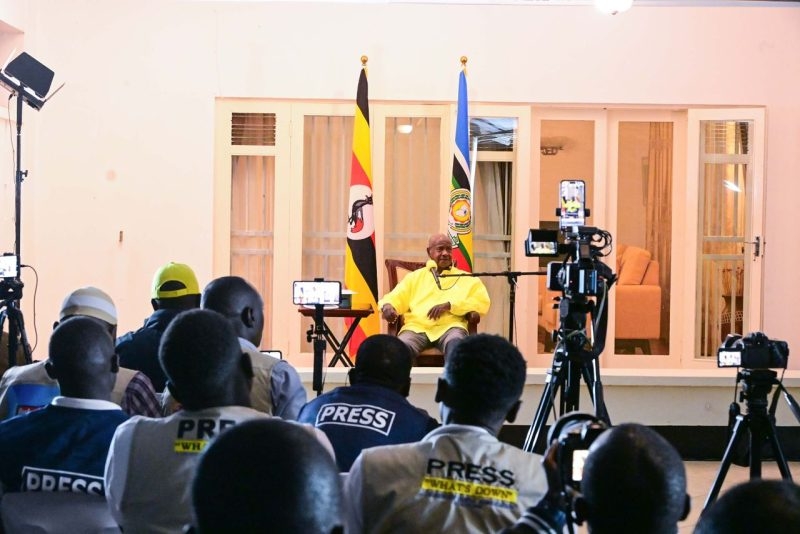
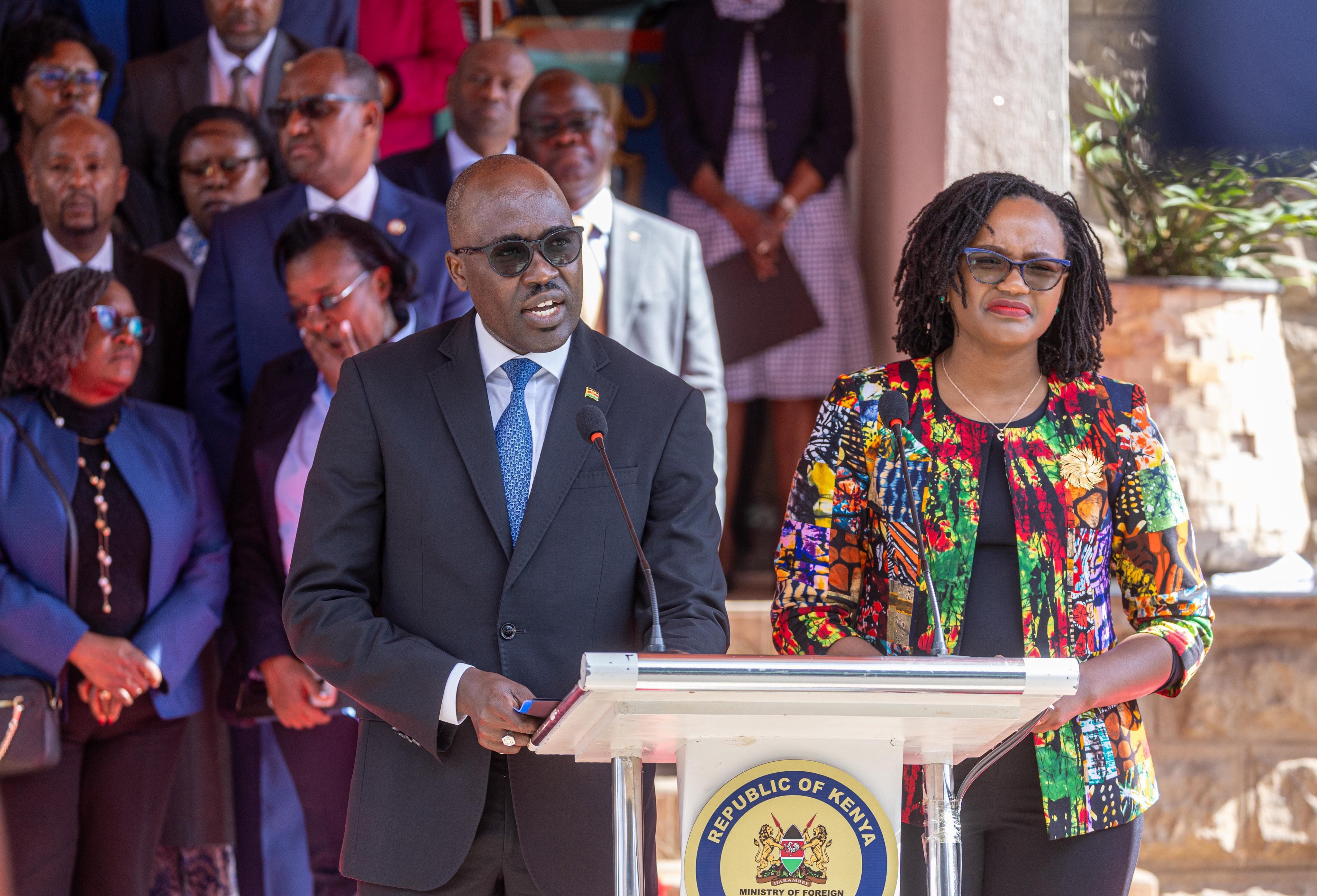
Kenya has committed to helping Uganda access the Indian Ocean, downplaying President Yoweri Museveni’s recent threats of war over access to the sea.
Speaking during a media press briefing on Kenya foreign policy, Foreign Affairs CS Musalia Mudavadi said it is in Kenya’s strategic interest to move more cargo to neighbouring states.
Mudavadi said Kenya is aware of international conventions on landlocked countries, and what it must do is to assist landlocked countries.
“Kenya is a responsible member of the international community, and it is in our interest to facilitate any landlocked country that wishes to use the port of Mombasa," Mudavadi said.
Mudavadi, who ranks third in the Executive, added that Kenya has not denied any landlocked country that access.
“And, in any case, what would be the value of the port if it does not generate revenue?" he asked.
Responding to a question on Nairobi’s rection to Museveni’s threat, Foreign Affairs PS Korir Sing’oei had said, “I believe very much that he has a fairly great understanding of our rights with respect to our natural resources, and his rights with natural resources in Ugandan territory.”
Last Sunday, Museveni sparked alarm when he warned of future wars over access to Indian Ocean n for economic and defence reasons, saying the ocean “belongs to me.”
Foreign Affairs chiefs in Nairobi, however, appeared to manage the situation, emphasising on Nairobi’s commitment to peaceful diplomacy and regional cooperation.
They said that that despite the fiery rhetoric, Kenya is guided by legal frameworks, including the United Nations Convention on the Law of the Sea.
Under the international framework, landlocked states such as Uganda have a right of access to the sea, but the convention also recognises the sovereignty of transit states.
Article 125 of the UN Convention on the Law of the Sea grants landlocked states the right of access to and from the sea for exercising their rights.
It guarantees freedom of transit through the territory of transit states via all means of transport, but this must be agreed upon through bilateral or regional agreements between the states.
While landlocked states have this right, the transit states retain full sovereignty and can take necessary measures to protect their legitimate interests.
Foreign policy analyst Gordon K’achola adds that the law does not create a right to sovereign territory on the Coast.
“In practice, the legal protection is mainly about transit rights and negotiated access — ports, customs, transport corridors. The courts have never created judicially enforceable duties requiring a coastal state to cede sovereignty or territory. A case in point is when the ICJ refused to compel Chile to negotiate sovereign access to the Pacific for Bolivia,” K’achola said.
The analyst said that if President Yoweri Museveni is seeking exclusive footholds on bases and de-facto control, this may be perceived as territorial encroachment and prompt strong reactions from the neighbouring state claiming sovereignty, be it Kenya or Tanzania.
“This can easily cause war as he rightfully put it. A proper diplomatic engagement can guarantee Uganda easy and favourable access to the sea instead of threatening war,” K’achola added.



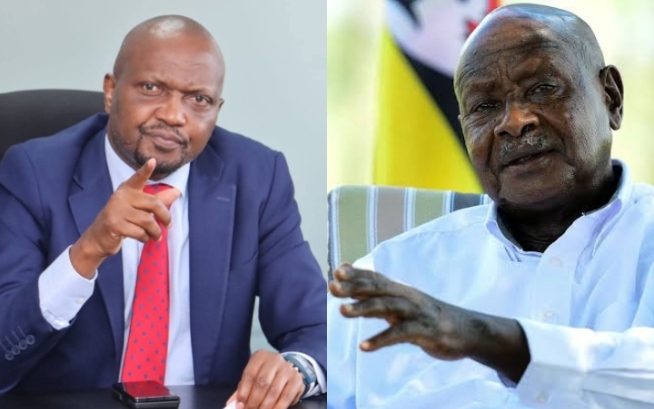






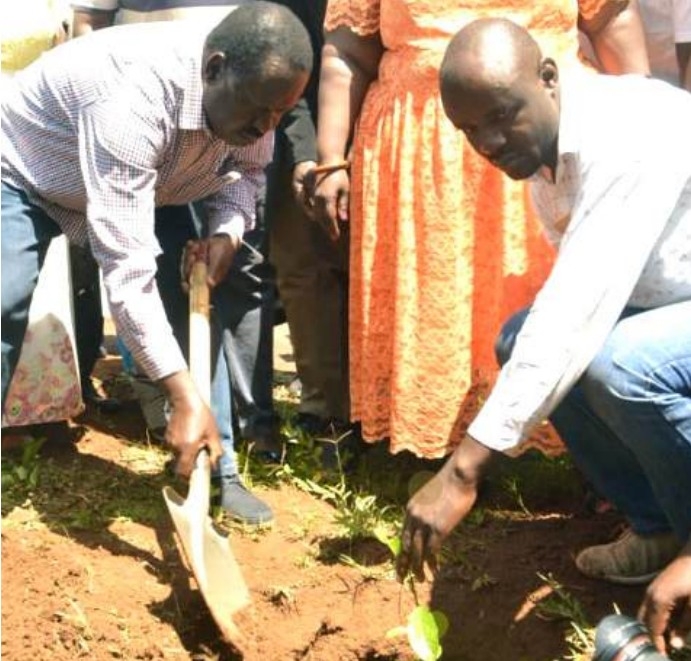
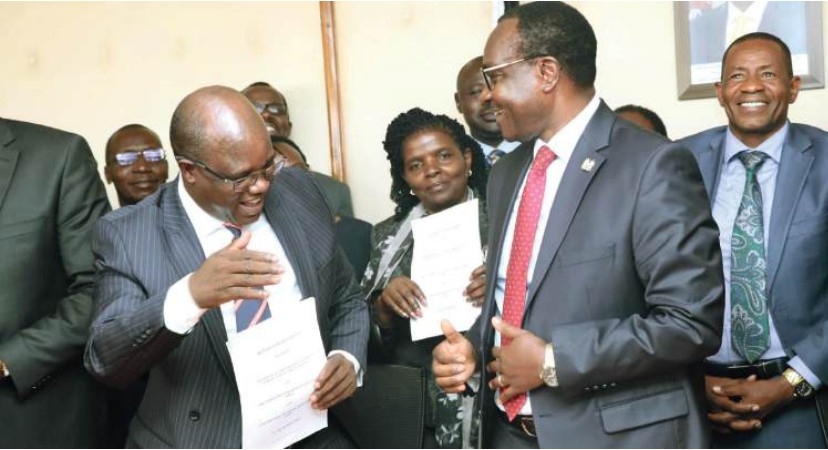






![[PHOTOS] How ODM@20 dinner went down](/_next/image?url=https%3A%2F%2Fcdn.radioafrica.digital%2Fimage%2F2025%2F11%2F99d04439-7d94-4ec5-8e18-899441a55b21.jpg&w=3840&q=100)
